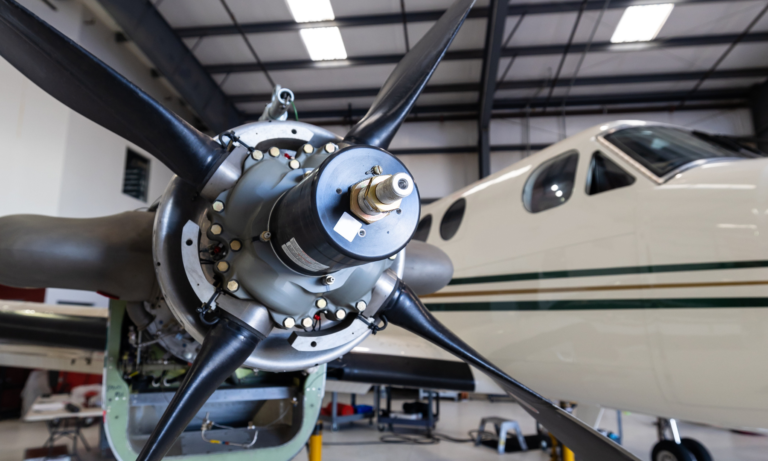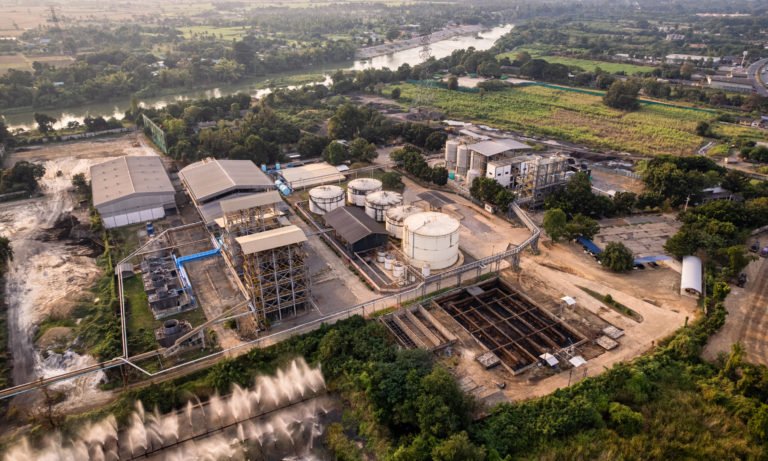The HYDROUSA project, funded by HORIZON2020, addresses water scarcity in coastal regions and islands through innovative, nature-based solutions. Coordinated by the National Technical University of Athens, this initiative has a budget of 12 million Euros and involves Z Prime alongside 26 other partners from across Europe and the Mediterranean.
Challenges
Coastal regions and islands frequently face severe water scarcity, where freshwater is both hard to come by and costly. Traditional methods of sourcing and managing water resources have become inadequate for meeting the ever-increasing demands while still addressing environmental sustainability concerns. The primary challenge of the HYDROUSA project therefore was to identify reliable, cost-effective, and sustainable water sources to support agricultural, domestic, and potentially potable needs, while also promoting environmental and economic sustainability.
The Project
HYDROUSA tackles these challenges by using non-conventional water resources such as seawater, rainwater, wastewater, atmospheric vapour, and groundwater. The project integrates advanced technologies, including anaerobic processes, constructed wetlands, biogas upgrading, aquifer recharge, rainwater harvesting, seawater desalination, and vapour condensation to transform water management.
One of HYDROUSA’s key innovations is producing fertigation water from treated domestic sewage, which acts as a nutrient-rich organic fertiliser. The project also leverages advanced AI for real-time monitoring and control to maintain high water quality and operational efficiency. By creating detailed deployment plans, HYDROUSA aims to replicate these innovative water cycles in 25 additional locations worldwide.
The Role of Z Prime
Z Prime plays a critical role in the HYDROUSA project by providing advanced Plant Monitoring & Control Tools to analyse key performance indicators (KPIs) compared to traditional systems. This analysis includes assessments against environmental, regulatory, and policy benchmarks. The circularity assessment measures the quantity, quality, and cost of materials used for crop production, including nutrients reclaimed from fertigation, harvested water, and water produced from seawater.
Through the development of a water-energy-food nexus model, HYDROUSA integrates the performance factors of each water loop. Data from all nodes in Z Prime’s monitoring systems and individual KPIs are interlinked to identify correlations and create an overall assessment of Water Management, Sustainability, and Food Production. In addition to sustainability metrics, Z Prime’s solutions monitor and report on system performance regarding quality, productivity, and energy efficiency.
Z Prime’s Plant Monitoring and Control solutions offer digital integration of multiple conventional and nature-based solutions for wastewater treatment, resource recovery, precision irrigation, and fertigation of agricultural and forestry sites. These solutions also provide track and traceability of products. Deployed across three demo sites, Z Prime’s contributions to the HYDROUSA project demonstrate the full capabilities of our water and wastewater solutions.
Benefits
- Enhanced Water Security: Utilising non-conventional water sources ensures a reliable water supply for various uses.
- Sustainable Agriculture: Nutrient-rich fertigation water supports sustainable farming practices and boosts local economic growth.
- Environmental Impact: Nature-based solutions reduce environmental footprints and promote ecosystem health.
- Economic Opportunities: The project stimulates local economies through job creation and sustainable water management practices.
- Technological Advancements: The use of ICT and advanced water treatment technologies sets new standards in water management efficiency and effectiveness.
Conclusion
The HYDROUSA project exemplifies a groundbreaking approach to sustainable water management. By harnessing innovative technologies and fostering collaboration among diverse stakeholders, it addresses critical water scarcity issues in coastal regions and islands. The project not only promises immediate benefits in terms of water security and economic growth but also sets a precedent for future water management strategies worldwide. It illustrates a holistic approach to tackling one of the most pressing environmental challenges of our time.





